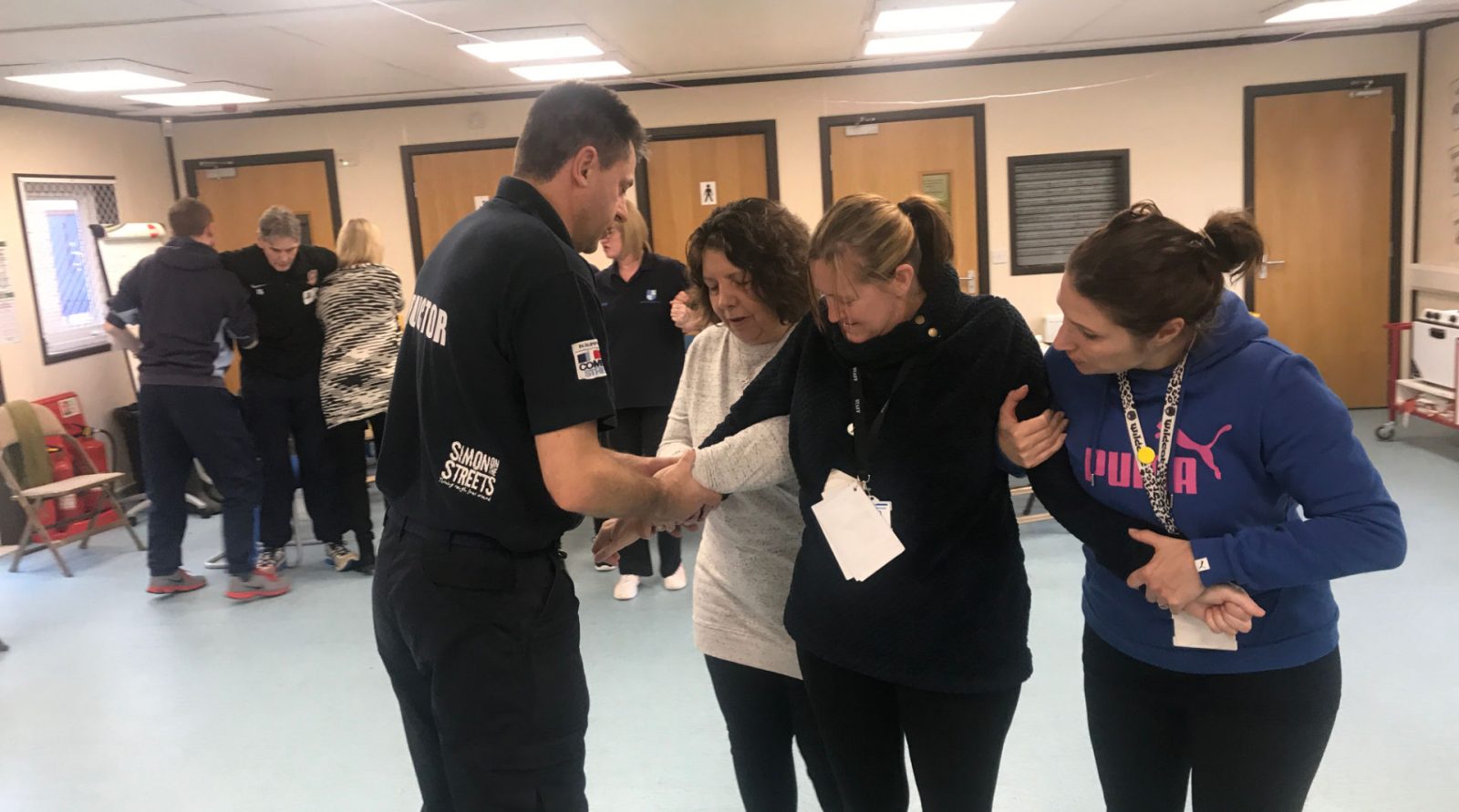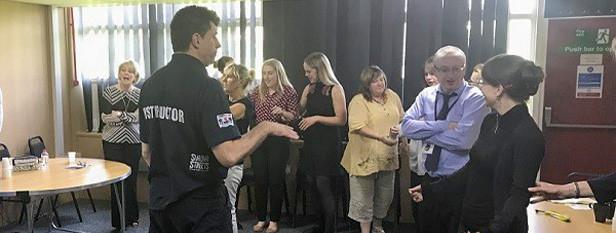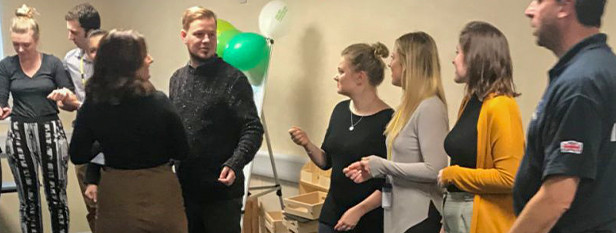Who’s it aimed at?
This certificate is designed to provide training for staff that work in care and mental health environments who may need to disengage or restrain service users, for example, those who are self-harming, and need to be effectively restrained under duty of care.
No previous PMVA training is required to take part on this course.
Entry requirements
This course is suitable for learners aged 18 and above. As detailed above, no previous PMVA training is required to take part on this course.




